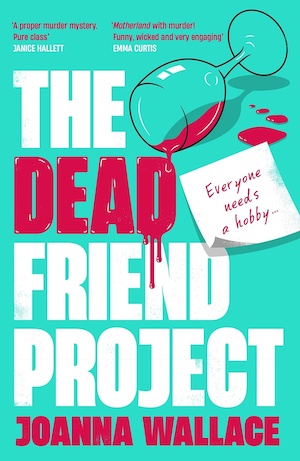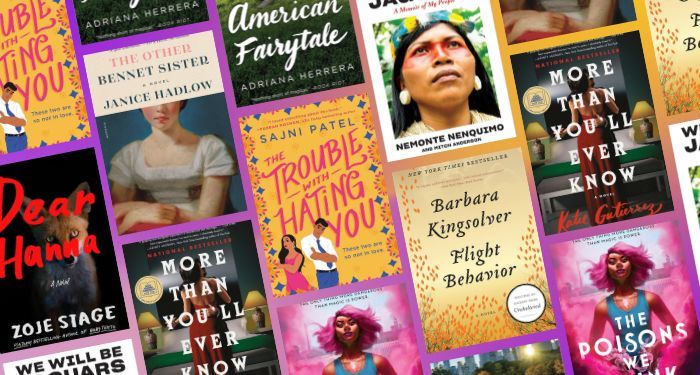In White Poverty: How Exposing Myths About Race and Class Can Reconstruct American Democracy, MacArthur fellow and activist-pastor William J. Barber II makes the logical but nonetheless surprising point that, even though poverty has a disproportionately high impact on Black Americans, there is a vastly greater number of white people living in poverty, leading lives of unacknowledged despair in plain view. Yet we often equate poverty with Black communities, and as a result, poverty and all its ills are seen as a “Black problem.”
Barber argues that this equation is based on four racist myths that deliberately divide poor white people from poor Black people, and prevent them from uniting against the policies and structures that favor the rich and powerful. These myths—among them that all white people share common ground, regardless of economic and social status—both justify and perpetuate our malign neglect of the poor. His examination of each myth, from its cause to its effect, exposes that what we were told were fundamental truths about poverty were actually dog whistles and racist tropes.
But, important as this lesson is, Barber’s most powerful message is that if these myths are dismissed, and if poor white people recognize that they have far more in common with poor Black people, they could unite to demand living wages, access to health care and safe housing. Barber calls this union a “moral fusion,” and his descriptions of the power that is unleashed when Black and white poor people discover their common ground are the most hopeful and powerful passages in White Poverty. For example, a queer, poor, white woman named Lakin gave testimony at a Black church about the debilitating isolation of white poverty and the fear it engenders. By exposing the wounds of white poverty, Lakin created a space for empathy and understanding—and action.
White Poverty resonates like a powerful sermon. Like Jeremiah, Amos and other Old Testament prophets, Barber condemns the injustice perpetrated on the poor. And also like them, Barber offers a hopeful way forward to a more just and equitable society.







